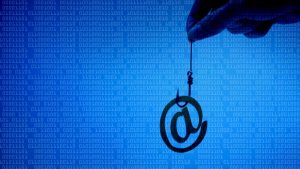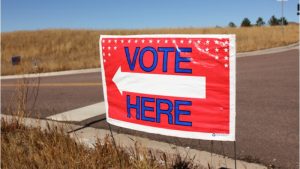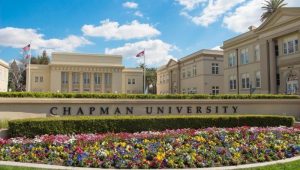A new survey from Verizon Frontline finds that network reliability tops the list of communications requirements for first responders when they are responding to emergencies.
The University of Tennessee Medical Center (UTMC) has automated its systems to address ongoing challenges in workforce management, patient flow, and real-time knowledge and understanding of unique medical situations.
Boston Mayor Michelle Wu recently announced the results of the city’s comprehensive digital equity assessment. Wu said the results will “inform the development of a plan to build a more connected Boston, expand digital services, and ensure all residents thrive with improved access to digital technologies.”
County-level election workers in at least two battleground states saw a surge in attempted phishing exploits in the runup to the 2022 midterm election primary contests, according to a new report from cybersecurity firm Trellix.
The National States Geographic Information Council (NSGIC) has released its 2022 State Election Director Report. The report, which was prepared by NSGIC’s Geo-Enabled Elections project, documents progress in the use of geographic information system (GIS) technology in elections across the United States since the project was begun in 2017.
In a recent survey from MeriTalk and Invicti, 91 percent of 100 state and local government IT decision-makers said their organization’s pace of cybersecurity improvements increased over the past year. They have good reasons for accelerating change.
The Federal Communications Commission (FCC) awarded another round of funding for its Emergency Connectivity Fund (ECF) on Oct. 19. The $78 million will benefit approximately 175,000 students, bringing the total of those awarded with broadband services and devices to over 14 million.
The Department of Commerce’s National Telecommunications and Information Administration (NTIA) has awarded $10.6 million in grants as part of the Connecting Minority Communities Pilot Program (CMC).
Wisconsin Gov. Tony Evers announced that the state will use $40 million in Federal funding to expedite Wisconsin’s efforts to expand access to high-speed internet across the state.
Pure Storage’s cloud-based As-a-Service solutions offer a number of benefits, but for Chapman University – a private liberal arts university in Southern California – it offered a huge increase in performance automation possibilities.













